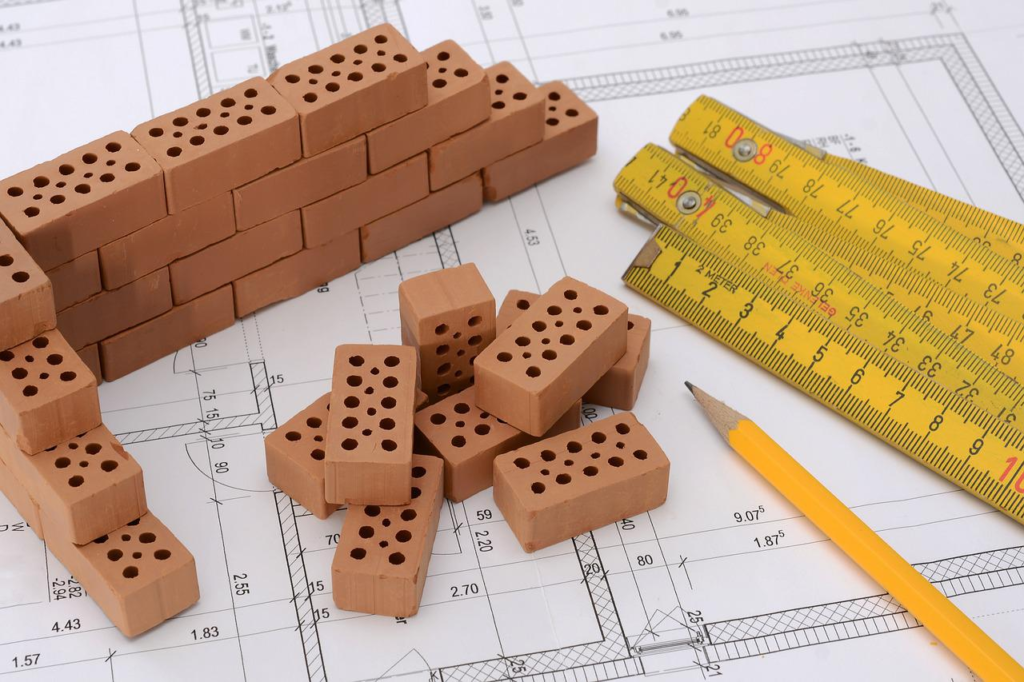
Preferred investment of the French in 2023: Invest in stone!
Investing in real estate has become one of the favorite investments of the French in recent years, and not surprisingly this is still the case for 2023. According to a recent survey, nearly 70% of French households plan to make a rental investment in the next five years.
Why invest in stone?

There are many reasons why rental investment has become so popular in France. First of all, real estate is considered a safe and stable long-term investment, offering regular and predictable returns. What's more, current low interest rates make property borrowing very attractive, enabling investors to finance their projects at rates that are still attractive, despite the rise in interest rates since the start of 2023 (currently, borrowing rates are around 3% to 3.5%).
In addition, real estate investment has many tax advantages in France. Investors can benefit from tax deductions such as depreciation of the property, maintenance costs and loan interest, thus reducing their tax liability on property income.
The different real estate investment options
There are several ways to invest in real estate in France:
The purchase of a rental property
Buying a rental property is the most common method of investing in real estate in France. Investors buy an apartment apartment or a house in Collioure for example, which they then rent out to earn a regular income. The advantages of this method are regular rental income, long-term capital gains and the possibility of benefiting from tax reductions thanks to schemes such as the Pinel law .
The SCPI
The Sociétés Civiles de Placement Immobilier (SCPI) are investment companies that buy and manage real estate on behalf of their shareholders. Investors can invest in an SCPI by purchasing units of the company. The advantages of this method are ease of investment, portfolio diversification, professional asset management and regular dividends.
REITs
Real Estate Investment Trusts ( REITs ) are companies that invest in real estate and are listed on the stock exchange. Investors can buy shares in these companies to invest in real estate. The advantages of this method are ease of investment, stock liquidity, portfolio diversification and regular dividends.
The advantages and disadvantages of real estate investment
As with any investment, real estate investment has its advantages and disadvantages.
4 Advantages
- Regular income stream from rents
- Long-term capital gains
- Protection against inflation
- Portfolio diversification
4 Disadvantages
- High initial investment
- Rental risk: tenants may not pay their rent, damage the property or leave suddenly
- Maintenance and management costs of the property
- Complex taxation
The risks of real estate investment
Of course, real estate investment also involves risks, particularly in terms of rental management and vacancy. Indeed, finding reliable tenants can sometimes prove difficult, and a vacancy can lead to a significant drop in rental income.
In addition, real estate investment may also require significant investment in terms of work and maintenance. Investors must therefore be prepared to spend time and money to ensure the sustainability of their investment.
Finally, real estate investment is a long-term investment, which is not suitable for all investors. Indeed, the liquidity of real estate investment is often low, which means that investors cannot easily sell their property in case of urgent need of cash.
Conclusion
Despite these risks, real estate investment remains one of the preferred choices of the French in terms of financial investment. The benefits of investing in real estate are undeniable, and investors who know how to manage risk can achieve attractive returns over the long term.
If you are considering investing in real estate, it is important to be cautious and to carefully assess the risks and rewards of this investment. By following the advice of a real estate professional and being diligent in managing your